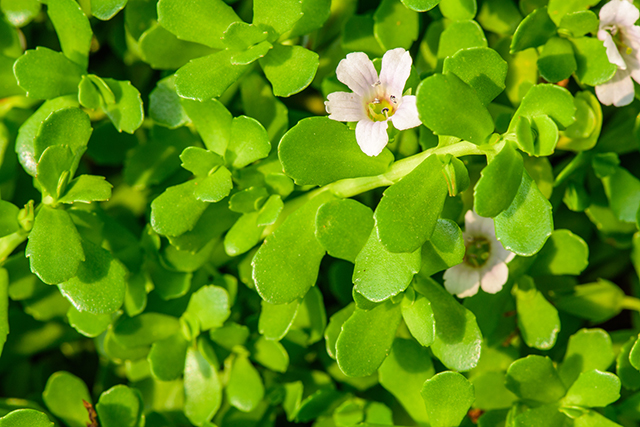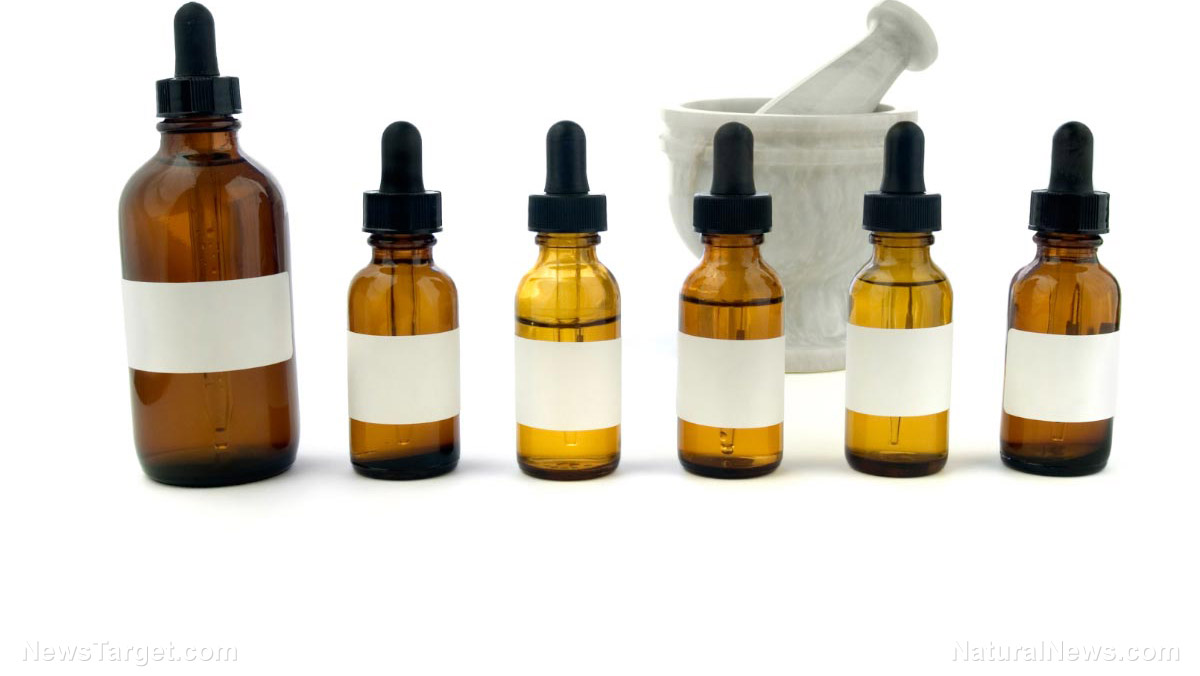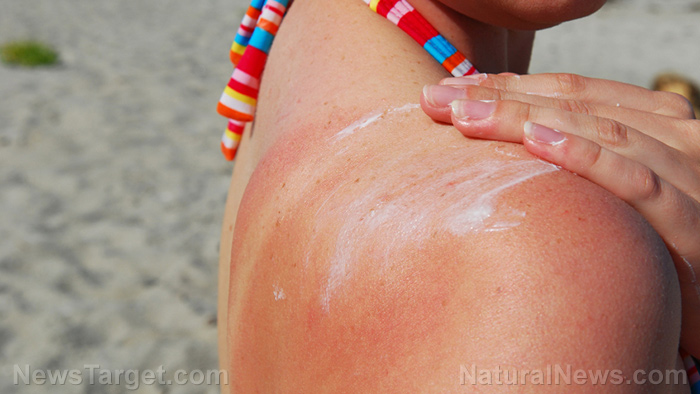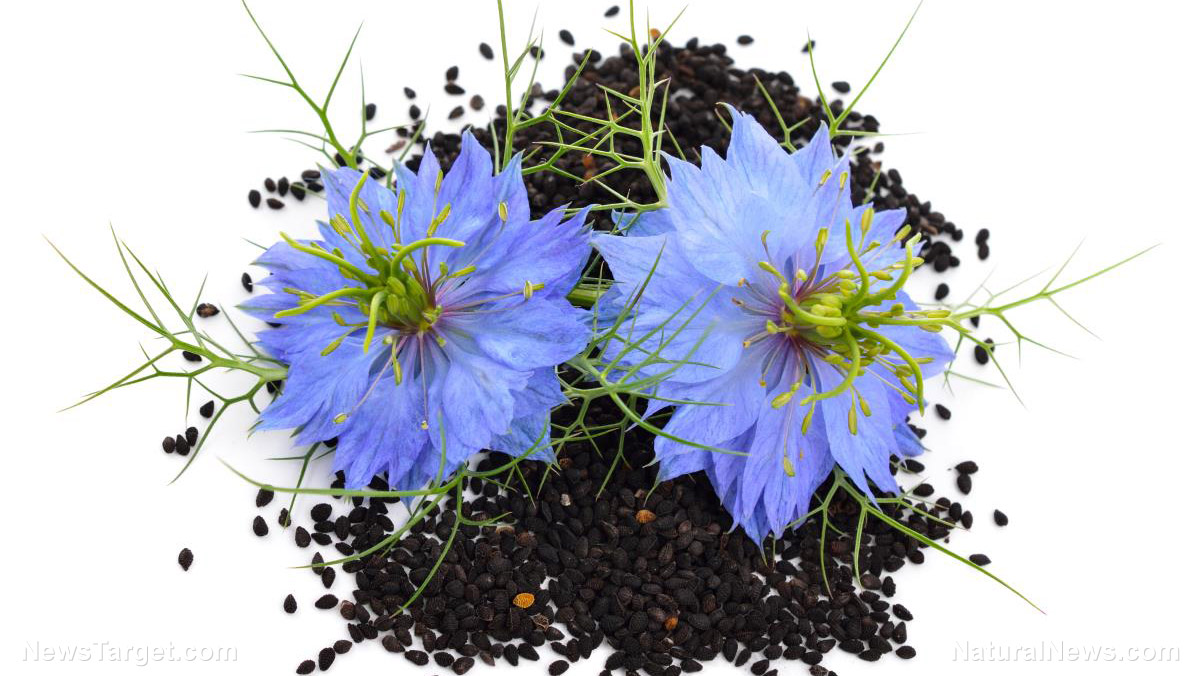07/08/2018 / By RJ Jhonson
Most modern applications of rosemary have to do with its distinct smell. Research published in the journal BMC Complementary and Alternative Medicine suggests that the herb’s fragrant essential oils can be used for stress relief and as a treatment for mood disorders.
Everybody goes through one form of stress or another. It’s the body’s way of reacting to threats, challenges, or demands, after all. Although harmless – even beneficial, at times – in small doses, stress can bring about a slew of health issues when exposure to it is prolonged. These include serious diseases like heart and reproductive issues.
Psychological and emotional disorders are another immediate – and rather prevalent – effect of chronic stress. Depression, anxiety, and other mood disorders, for instance, are diagnosed in around 9.5 percent of Americans every year.
In most cases, oral chemical medications are the go-to treatment aid. However, with the horrible side effects of drugs coming to light, a growing number of people are turning to natural alternatives.
Rosemary (Rosmarinus officinalis) essential oils (ROEO) have long been used in aromatherapy for their relaxing fragrance and their ability to improve mood, memory, and cognition. The authors of the published study wanted to know if ROEO can also be used as a treatment for mood disorders.
To test the effects of rosemary in vivo, they made six-week-old ICR mice inhale ROEO. They then subjected the animals to a tail suspension test (TST), a method where scientists suspend a mouse by its tail and record how long before the animal stopped trying to release itself. This approach is used to gauge anxiety-related behavior. The sooner the mouse gave up, the more anxious it was considered to be.
Second, the researchers performed in vitro tests using ROEO-treated PC12 cells to determine neuronal differentiation. They also measured intracellular acetylcholine and choline, and the expression of Gap43 genes.
They found that inhalation of ROEO extract reduced the time that the ICR mice were immobile during TST. They also discovered a PC12 differentiation-induction effect through the modulation of intracellular acetylcholine, choline, and Gap43 gene expression levels. The researchers linked both results to an increase in the levels of dopamine, the “happiness hormone.”
That scientists believed their findings proved ROEO’s potential as an alternative treatment for mood disorders, although they added that a clinical trial is needed for proof of the essential oil’s effectiveness against clinical depression.
Fast facts about rosemary
Rosemary was an important herb for the Greeks who believed it to be sacred. Today, it is valued not just for the aroma it imparts to food, but also for its nutritional benefits. Here are some good reasons to have more rosemary:
- It is highly nutritious. It is packed with antioxidants and phenolic compounds such as diterpene, carnosol, and rosmarinic acid.
- It has anti-inflammatory properties. Rosemary contains carnosol, an antioxidant with powerful anti-inflammatory properties. Increasing one’s intake of carnosol can help prevent diseases like cancer and heart disease.
- It promotes nerve growth. Carnosol can also stimulate nerve growth and development. Therefore, it’s not a coincidence that rosemary is associated with improved memory and brain power.
- It’s great for the gallbladder. Rosemary is known for its detoxifying properties. It helps keep the gallbladder functional and in the process, helps prevent conditions like irritable bowel syndrome.
- It lowers cortisol. When used in aromatherapy, rosemary helps lower cortisol, otherwise known as the “stress hormone.” Aside from inducing relaxation, this particular effect helps reduce oxidative stress on the body, minimizing cell damage and lowering one’s risk of developing oxidation-related diseases.
Learn more about the healing powers of essential oils at EssentialOils.news.
Sources include:
Science.news
HelpGuide.org
OrganicFacts.net




















